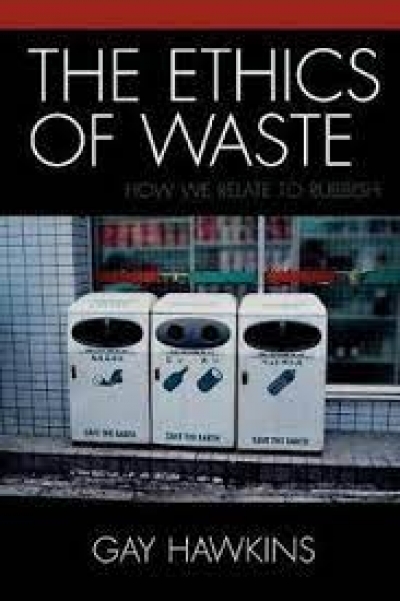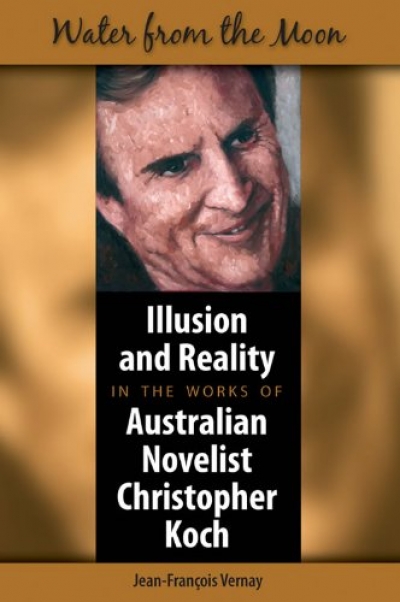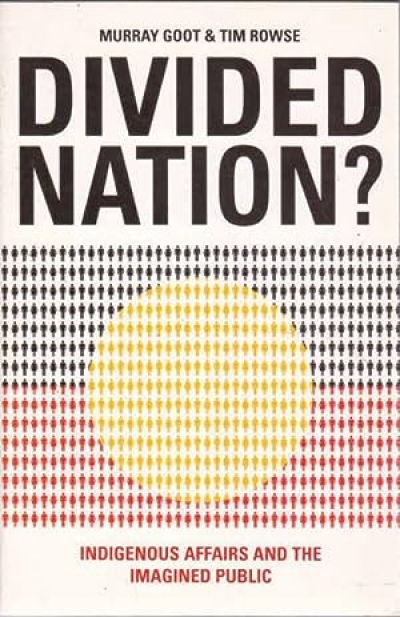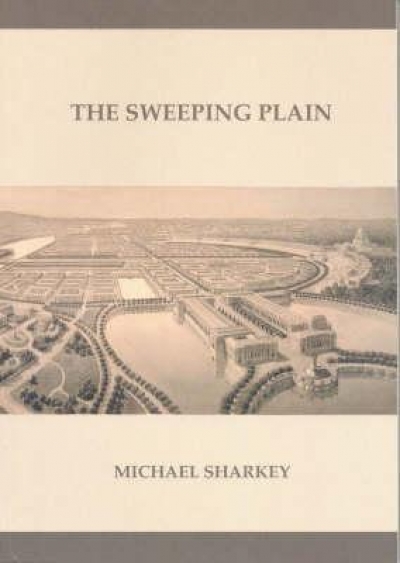Archive
The Ethics of Waste: How we relate to rubbish by Gay Hawkins
by Rory Dufficy •
The Soulful Science: What economists really do and why it matters by Diane Coyle
by Peter McLennan •
Translating Lives: Living with two languages and cultures edited by Mary Besemeres and Anna Wierzbicka
by Gillian Dooley •
Water From the Moon: Illusion and reality in the works of Australian novelist Christopher Koch by Jean-François Vernay
by Chad Habel •
Divided Nation: Indigenous Affairs and the Imagined Public by Murray Goot and Tim Rowse
by Anthony Moran •
Don't Panic!: Nearly Everything is Better Than You Think by Mark Cully
by Mark Cully •










